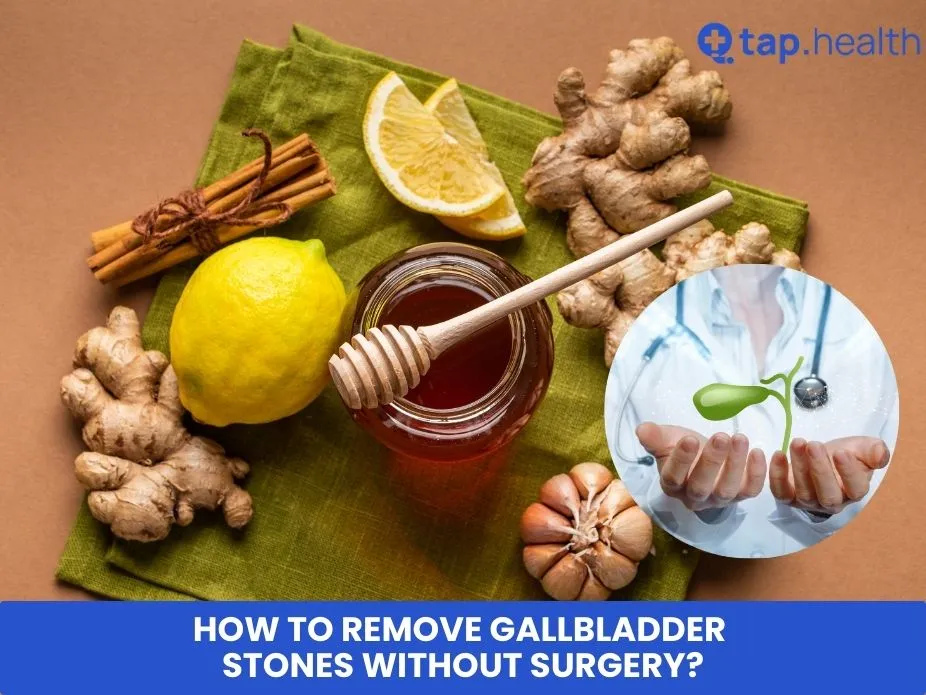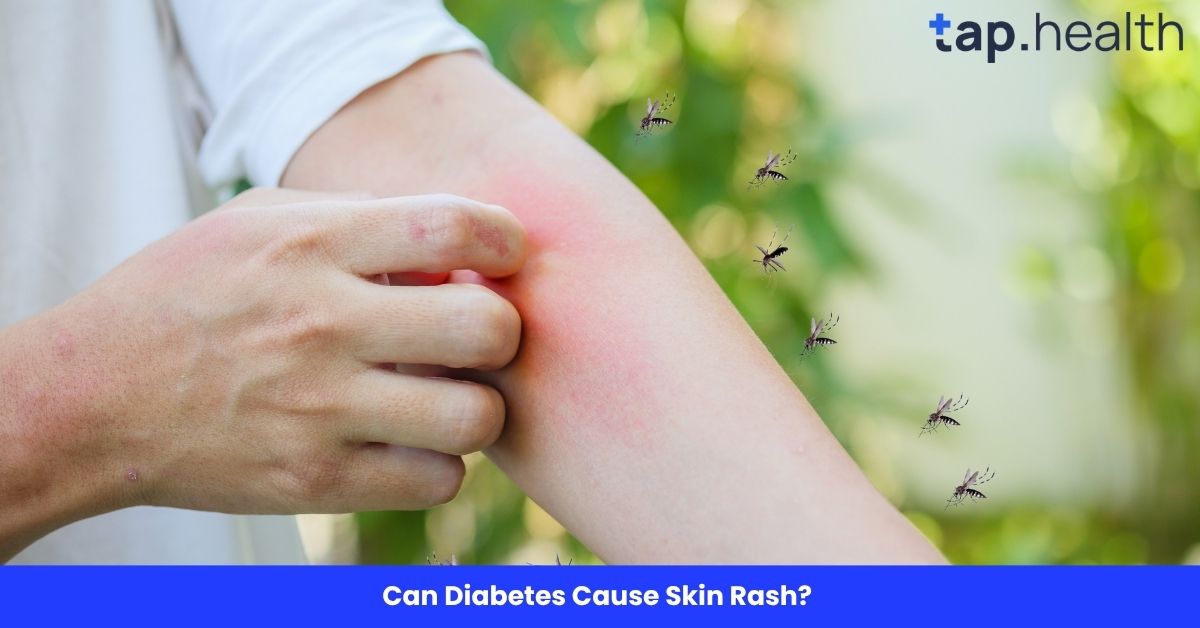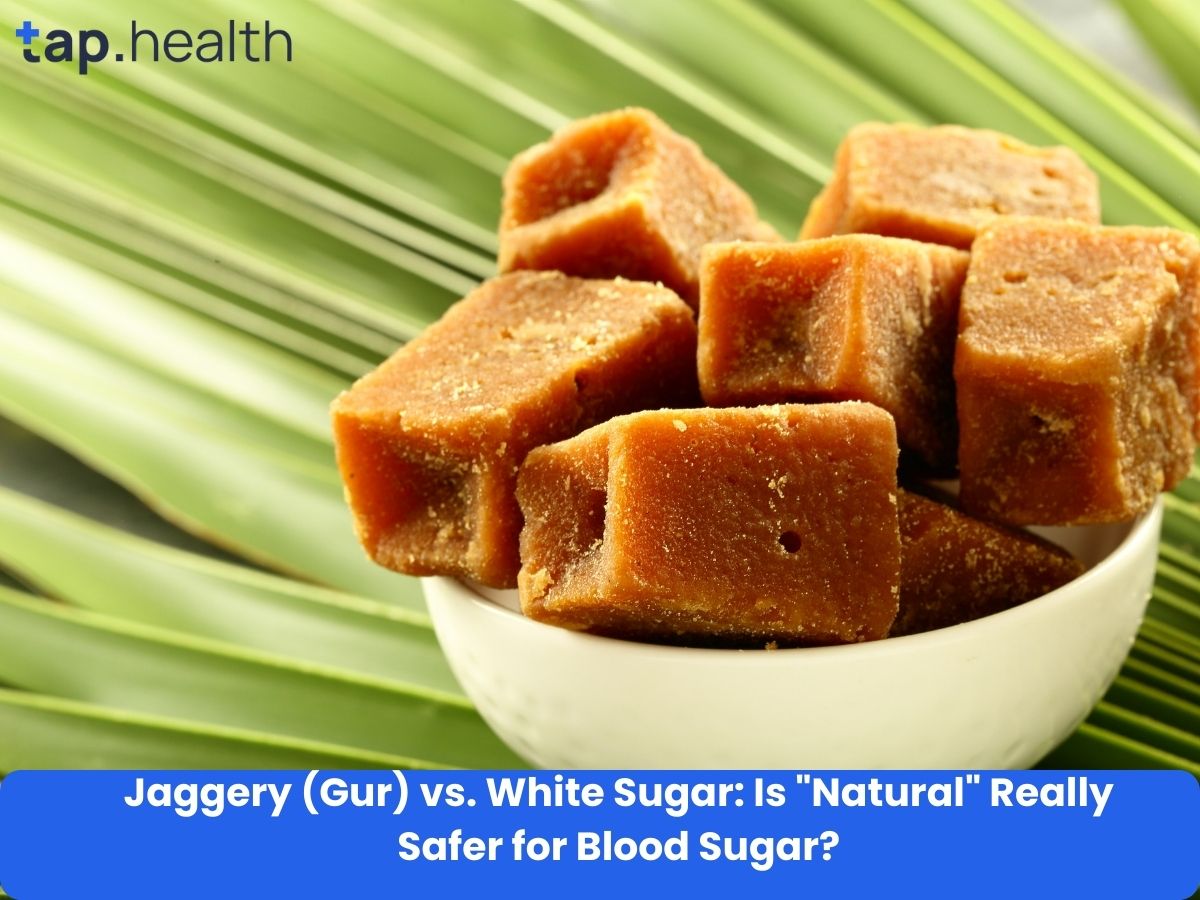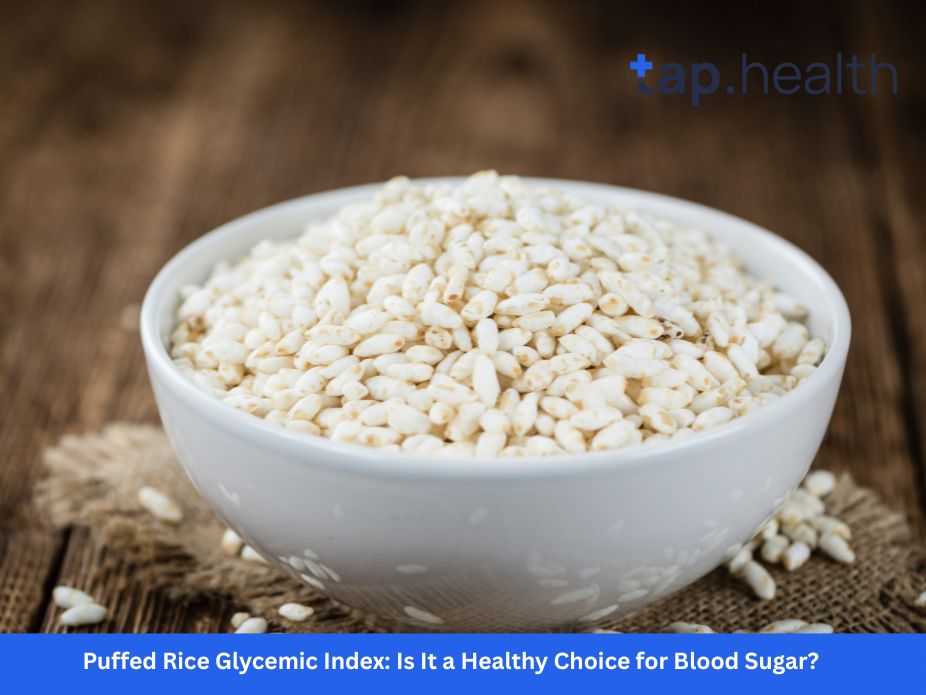Gallbladder stones, or gallstones, are solid particles that form in the gallbladder. These stones can cause significant pain and lead to serious health issues if not treated. While surgery is a common solution, many people seek non-surgical methods to manage and remove gallstones. This blog will guide you through various non-surgical methods, symptoms, causes, and prevention tips for gallstones.
Signs and Symptoms of Gallbladder Stones
Gallbladder stones can cause symptoms, which may vary in severity. Common gallbladder stones symptoms include:
1. Abdominal Pain:
This is the most typical symptom and is often felt in the upper right side of the abdomen. The pain can be sharp and intense, sometimes radiating to the back or right shoulder. It usually occurs after eating a fatty meal.
2. Nausea and Vomiting
Gallstones can cause persistent nausea and vomiting, especially after meals. This is due to the gallbladder’s inability to release bile properly.
3. Indigestion
Frequent indigestion, bloating, and gas are common symptoms. This is because gallstones can block bile blow, leading to digestive issues.
4. Back Pain
Pain can radiate from the abdomen to the back or right shoulder blade, often increasing in intensity over time.
5. Fever and Chills
If a gallstone causes an infection in the gallbladder (cholecystitis), you may experience fever and chills. This requires immediate medical attention.
Recognizing these symptoms early can help in seeking timely medical intervention and managing gallbladder stones effectively.
What are the Causes of Gallbladder Stones?
Gallbladder stones form due to several factors, including:
1. Cholesterol Imbalance
When there is too much cholesterol in the bile, it can crystallize and form stones. This is the most common type of gallstone.
2. Bile Concentration
If the gallbladder does not empty properly, bile can become concentrated, leading to the formation of stones. This can occur due to infrequent eating or fasting.
3. Genetics
A family history of gallstones increases the risk. Certain genetic factors can predispose individuals to form gallstones.
4. Obesity
Excess body weight increases the amount of cholesterol in bile, which can lead to gallstone formation. Rapid weight loss can also contribute to gallstones.
5. Diet
Diets high in fat and low in fiber can contribute to gallstone formation. Eating a balanced diet rich in fruits, vegetables, and whole grains can help prevent gallstones.
Understanding these causes is crucial for adopting preventive measures and making informed lifestyle changes.
How To Remove Gallbladder Stones Without Surgery? 10 Ways
1. Apple Cider Vinegar and Apple Juice
Apple cider vinegar (ACV) is known for its health benefits, including its ability to soften gallstones. Mixing ACV with apple juice can help ease the pain associated with gallstones. The acids in apple juice may help soften the stones, making them easier to pass. To use this remedy, mix one tablespoon of ACV with a glass of apple juice and drink it once a day. This combination can provide relief from gallstone pain and potentially help dissolve the stones over time.
2. Lemon Juice
Lemon juice is rich in vitamin C and antioxidants, which can help dissolve gallstones. The citric acid in lemon juice aids in increasing bile production, which can help in flushing out gallstones. Drinking fresh lemon juice in warm water every morning on an empty stomach can be beneficial. This helps break down the stones and supports overall liver health, promoting the smooth functioning of the gallbladder.
3. Peppermint Tea
Peppermint has been traditionally used to aid digestion and relieve gallbladder pain. It contains menthol, which has antispasmodic properties that can help relax the muscles of the gallbladder and bile ducts. Drinking peppermint tea can support bile flow and alleviate symptoms associated with gallstones. To prepare, steep fresh or dried peppermint leaves in hot water for about 5-10 minutes and drink it twice daily.
4. Turmeric
Turmeric is renowned for its anti-inflammatory and antioxidant properties. Curcumin, the active ingredient in turmeric, can help dissolve gallstones and improve bile flow. Adding turmeric to your diet can support the liver and gallbladder. You can take turmeric in supplement form or add it to your meals. Mixing turmeric powder with warm milk or water and drinking it can also be an effective way to benefit from its properties.
5. Dandelion
Dandelion is a natural herb that supports liver and gallbladder health. It helps in increasing bile production and can aid in dissolving gallstones. Drinking dandelion tea or taking dandelion supplements can cleanse the liver and gallbladder, promoting the smooth passage of stones. To make dandelion tea, steep the leaves or roots in hot water for about 10 minutes and drink it twice a day.
6. Milk Thistle
Milk thistle is another herb known for its liver-cleansing properties. It contains silymarin, which helps in detoxifying the liver and gallbladder. Taking milk thistle supplements can support liver function and aid in the dissolution of gallstones. It can also be consumed as a tea. Consistent use of milk thistle can improve overall gallbladder health and prevent the formation of new stones.
7. Castor Oil Pack
Castor oil packs are used to reduce inflammation and pain associated with gallstones. Applying a warm castor oil pack to the abdomen can help improve circulation and promote the healing of tissues. To use, soak a cloth in warm castor oil, place it on the abdomen, and cover it with plastic wrap. Apply heat using a heating pad for about 30-60 minutes. This can be done several times a week for relief.
8. Beetroot
Beetroot is beneficial for liver health and can aid in the dissolution of gallstones. The betaine in beetroot helps stimulate bile flow and supports liver function. Drinking beetroot juice or incorporating beetroot into your diet can help cleanse the gallbladder and reduce the risk of gallstone formation. For best results, consume fresh beetroot juice daily.
9. Dietary Fiber
Increasing dietary fiber intake is crucial for preventing and managing gallstones. Fiber helps in the digestion process and prevents bile from becoming too concentrated. Including fiber-rich foods like fruits, vegetables, whole grains, and legumes in your diet can help in the smooth passage of bile and reduce the risk of gallstones. Aim to consume at least 25-30 grams of fiber daily for optimal digestive health.
10. Epsom Salt
Epsom salt, or magnesium sulfate, can help relax the bile ducts, making it easier to pass gallstones. It also has detoxifying properties. To use Epsom salt, dissolve a teaspoon in a glass of warm water and drink it before bedtime. This can help in the passage of gallstones and provide relief from pain. However, it is essential to consult with a healthcare provider before using this remedy, especially if you have underlying health conditions.
Tips for Preventing Gallbladder Stones
Preventing gallbladder stones involves making certain lifestyle changes:
- Maintain a Healthy Weight: Gradual weight loss through a balanced diet and regular exercise is recommended. Avoid rapid weight loss, as it can increase the risk of gallstones.
- Eat a Balanced Diet: Include plenty of fiber, fruits, vegetables, and whole grains in your diet. Avoid high-fat and high-cholesterol foods, which can contribute to gallstone formation.
- Exercise Regularly: Regular physical activity helps maintain a healthy weight and promotes proper digestion, reducing the risk of gallstones.
- Stay Hydrated: Drinking plenty of water aids in digestion and prevents bile from becoming too concentrated. Aim for at least 8 glasses of water a day.
Implementing these tips can significantly reduce the risk of developing gallstones.
10 Natural Ways to Treat Gallbladder Stones
Natural treatments for gallbladder stones include:
- Apple Juice and Vinegar: Helps soften and dissolve stones.
- Lemon Juice: Increases bile production and helps break down stones.
- Peppermint Tea: Relieves pain and supports bile flow.
- Turmeric: Anti-inflammatory and aids in dissolving stones.
- Dandelion: Cleanses the gallbladder and promotes bile flow.
- Milk Thistle: Detoxifies the liver and supports gallbladder health.
- Castor Oil Pack: Reduces inflammation and pain.
- Beetroot Juice: Improves liver function and aids in dissolving stones.
- Fiber-Rich Diet: Prevents bile concentration and stone formation.
- Epsom Salt: Relaxes bile ducts and aids in passing stones.
Incorporating these natural remedies can help manage gallbladder stones and alleviate symptoms.
What Happens if Gallbladder Stones Are Not Removed?
If gallbladder stones are not removed, they can lead to several complications:
1. Severe Pain
Persistent abdominal pain that can become debilitating. The pain can be severe enough to require emergency medical attention.
2. Infection
Gallstones can cause an infection in the gallbladder, known as cholecystitis. This can lead to fever, chills, and a severe infection requiring hospitalization.
3. Inflammation
The gallbladder or pancreas can become inflamed, leading to conditions like pancreatitis. This can cause severe abdominal pain and digestive issues.
4. Blockage
Gallstones can obstruct the bile ducts, leading to jaundice (yellowing of the skin and eyes), severe pain, and liver damage. This blockage can also affect the flow of digestive enzymes from the pancreas.
Timely treatment is essential to prevent these complications and ensure overall health.
FAQ on How To Remove Gallbladder Stones Without Surgery?
1. Can gallbladder stones be removed without surgery?
Yes, in some cases, gallstones can be managed and even dissolved using dietary changes, natural remedies, and lifestyle modifications. However, it is crucial to consult with a healthcare provider to determine the best approach based on the size and type of gallstones and individual health conditions.
2. Can medicine remove gallbladder stones?
Certain medications, such as ursodeoxycholic acid, can dissolve cholesterol gallstones over time. However, these medications may take months or even years to be effective and are not suitable for all types of gallstones. Additionally, the stones may recur after treatment.
3. What is the most common treatment for gallstones?
The most common treatment for gallstones is a surgical procedure called cholecystectomy, which involves removing the gallbladder. This surgery is often recommended when gallstones cause significant symptoms or complications. It is a routine procedure with a high success rate and can be performed laparoscopically (minimally invasive) or through open surgery.
4. When Should I Visit a Gastroenterologist?
You should visit a gastroenterologist if you experience severe abdominal pain, fever, jaundice, or persistent symptoms despite trying natural remedies. A gastroenterologist can perform diagnostic tests, such as an ultrasound or CT scan, to assess the condition of your gallbladder and recommend appropriate treatment options.
5. What food is bad for gallstones?
Foods high in fat, cholesterol, and refined sugars can increase the risk of gallstones. These include fried foods, processed snacks, fatty meats, dairy products, and sugary desserts. It is advisable to limit or avoid these foods and opt for a balanced diet rich in fruits, vegetables, whole grains, and lean proteins.
6. Do gallstones cause gas?
Yes, gallstones can cause gas, bloating, and indigestion. This is because gallstones can block the flow of bile, which is essential for digesting fats. The resulting digestive issues can lead to gas and discomfort, especially after eating fatty meals.
7. What size of gallbladder stones need surgery?
Gallstones larger than 2 cm or those causing significant symptoms or complications typically require surgical intervention. However, the decision to opt for surgery depends on various factors, including the patient’s overall health, the number of stones, and the presence of any complications like infection or blockage.



